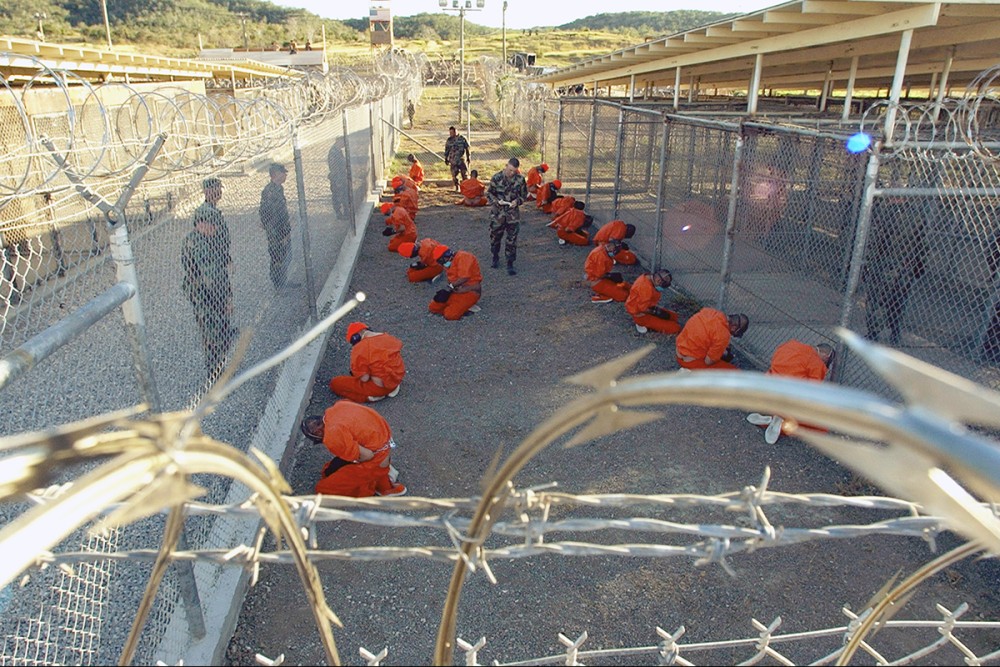Guantánamo and the wages of imperialism
What happens when one country believes it has the right to send troops into another country, impose its will, and abuse the rule of law?

Earlier this month, longtime Guantánamo Bay prisoner Mohammad al-Qahtani was repatriated to Saudi Arabia. Qahtani, one of several men suspected of being the “20th hijacker” of the September 11 attacks, was arrested in December 2001 and taken to the Guantánamo military prison. During a 50-day interrogation period from November 2002 to January 2003, he was repeatedly tortured, according to Susan Crawford, who oversaw military trials in the latter part of the Bush administration. The resulting physical and psychological trauma—combined with Qahtani’s schizophrenia and a traumatic brain injury he suffered in his youth—was so extreme that in 2009, Crawford declared him ineligible for prosecution. It took 13 more years for him to be released.
Some of the 780 people who have been imprisoned at Guantánamo are known to be high-level terrorists who assisted with the 9/11 attacks. But the majority were innocent. Some were Uyghur Muslims from China. Others were children. Most of the detainees have now been released, but 38 remain. Half of those have been cleared for repatriation, but their release has been stalled by security concerns, political maneuvers, and administrative barriers—the same logistical nightmare that has kept the Guantánamo prison open despite efforts to close it since the beginning of the Obama administration.
Guantánamo is a tragedy for the people who have been held there. It has also caused considerable damage to the US soldiers who have spent decades imprisoning the detainees, interrogating them, and in some cases torturing them. When a system is put into place for the express purpose of subverting the rule of law—like a prison created outside the bounds of the United States justice system—nobody who comes into contact with that system is made better by it. What’s happened at Guantánamo demonstrates the long-term trauma that can result from short-sighted decisions made in the heat of conflict.





